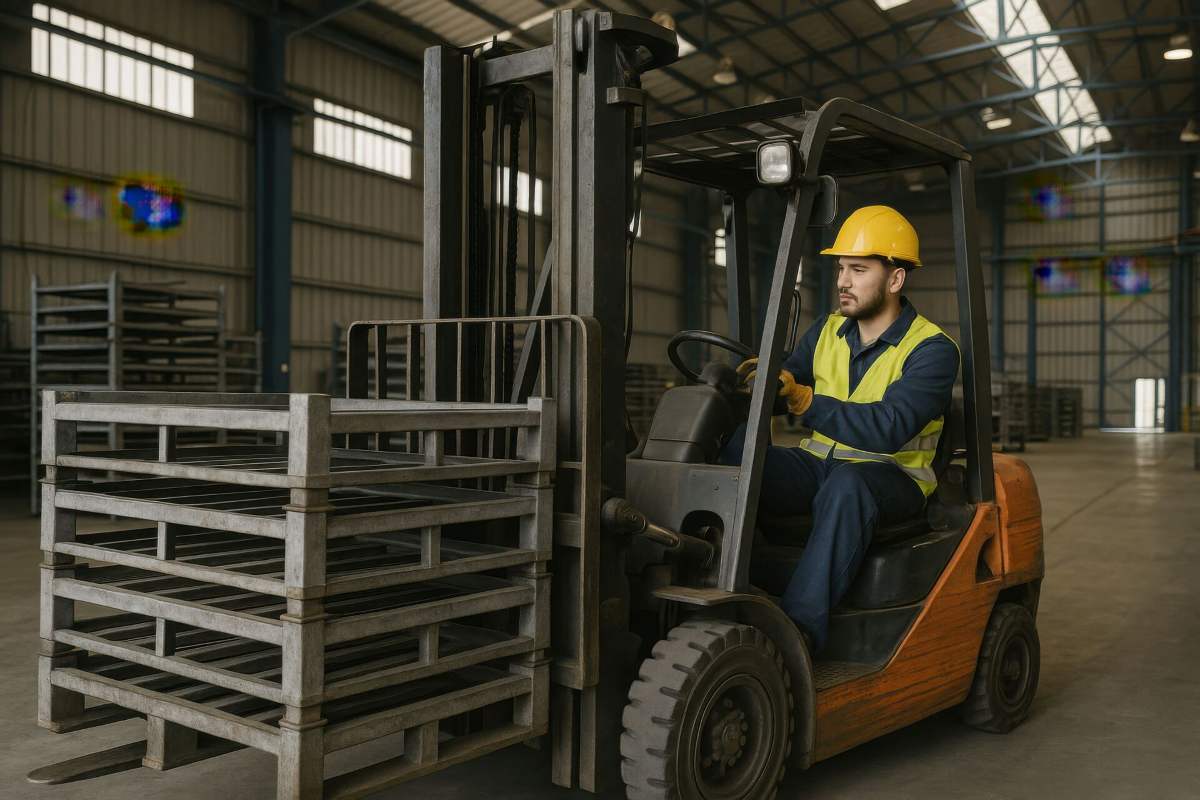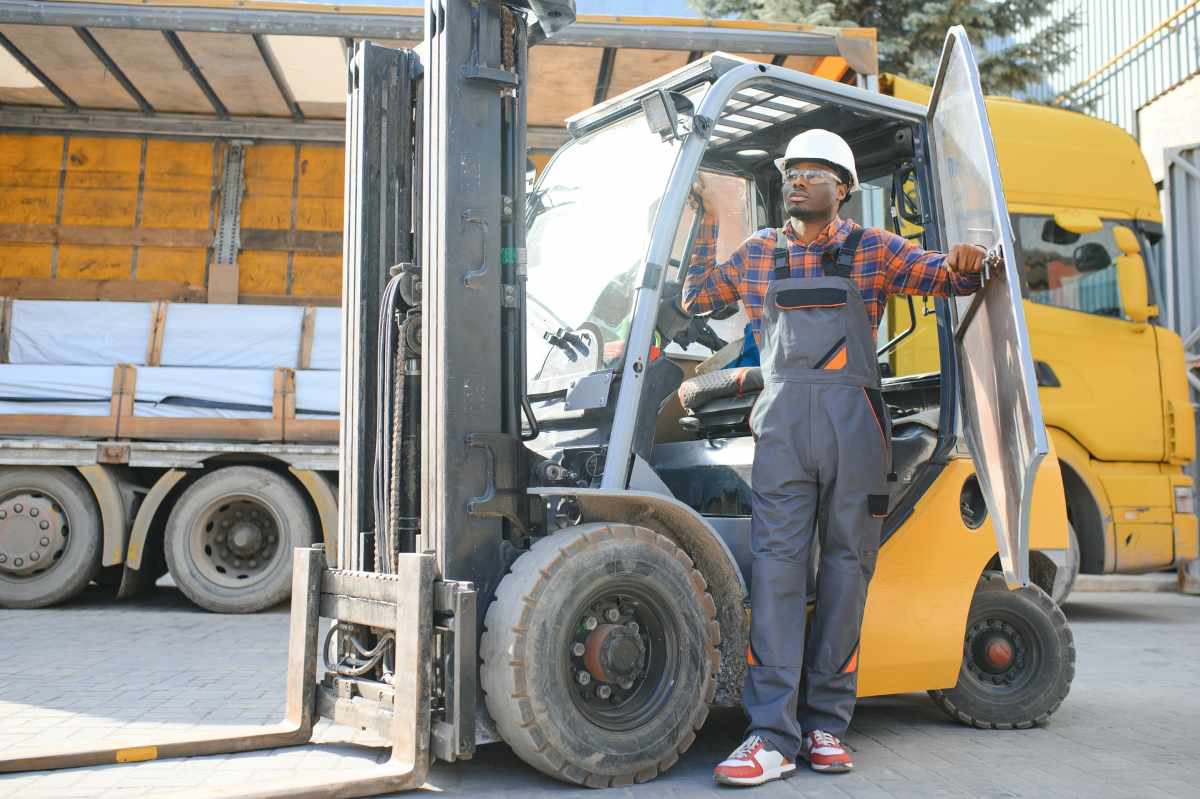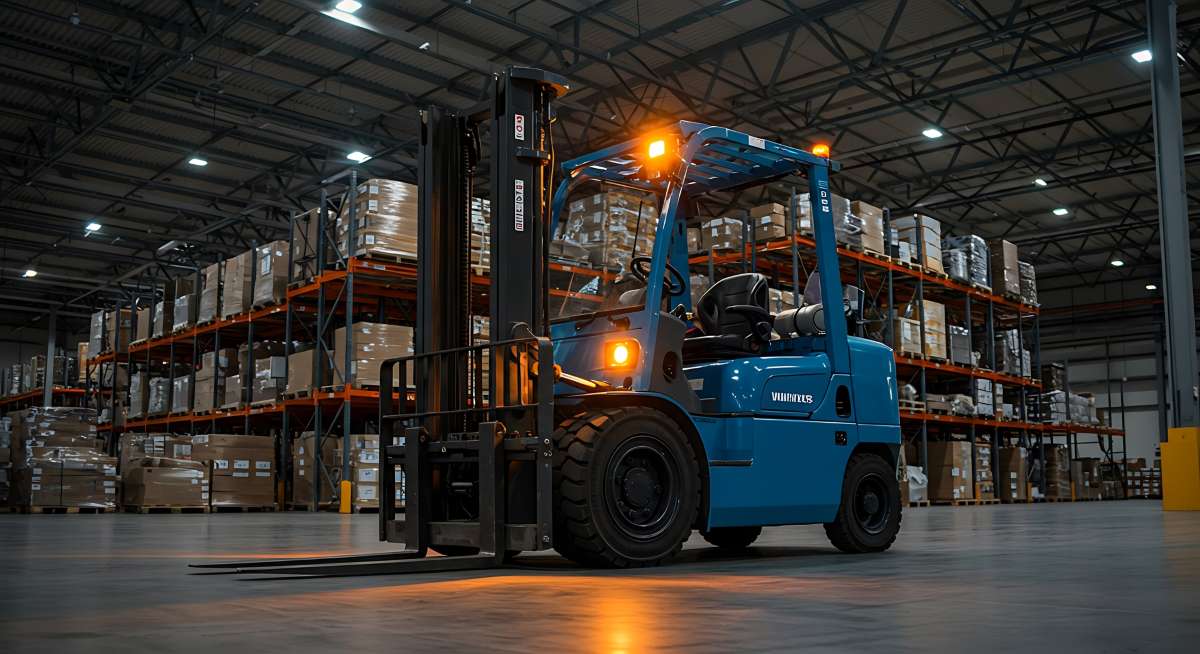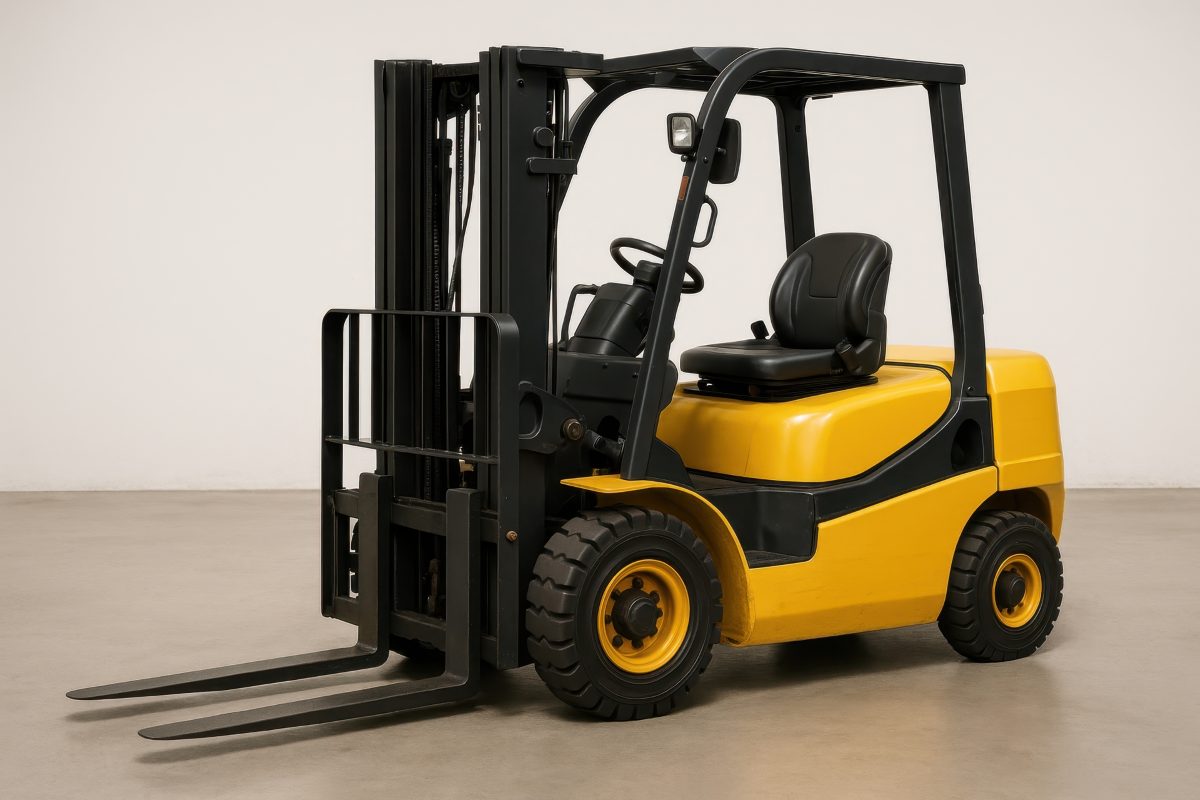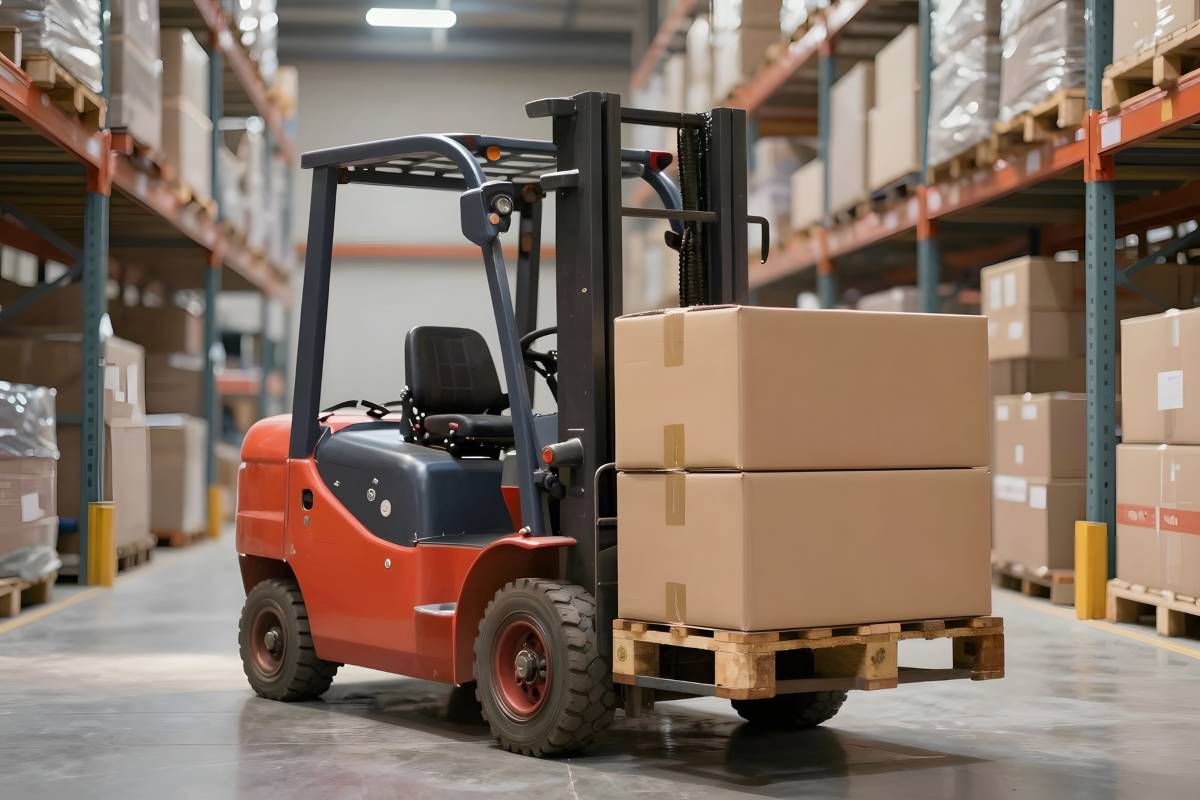In industrial and warehouse settings, forklifts play a vital role in material handling and operational efficiency. However, operating a forklift requires specialised skills and knowledge to ensure safety for both operators and those working in the vicinity. Forklift training is not just a legal requirement; it is an essential investment in creating a secure work environment and maximising productivity. In this blog, we will delve into the significance of comprehensive forklift training and the benefits it brings to both individuals and organisations.
1. Safety First
The primary objective of forklift training is to prioritise safety. By providing operators with comprehensive training, they gain a thorough understanding of safe operating procedures, hazard identification, and proper load handling techniques. Training covers topics such as pre-operation inspections, stability principles, manoeuvring in tight spaces, and navigating ramps and inclines. With proper training, operators become more vigilant, reducing the risk of accidents, injuries, and damage to property.
2. Compliance with Regulations
Forklift training is not just a best practice; it is often a legal requirement enforced by regulatory authorities. Organisations must comply with safety standards and regulations to avoid penalties and maintain a safe work environment. Training ensures that operators possess the necessary certifications and licenses, demonstrating compliance with regulatory requirements.
3. Forklift Training Increases Efficiency and Productivity
Efficient forklift operations go hand in hand with productivity. Proper training equips operators with the skills to handle loads effectively, optimise material movement, and navigate congested areas with precision. By mastering these techniques, operators can reduce downtime, minimise product damage, and maximise overall productivity. Well-trained operators are also more confident, leading to improved job satisfaction and morale.
4. Cost Reduction
Investing in forklift training may seem like an additional expense, but it can actually save organisations money in the long run. Properly trained operators are less likely to be involved in accidents or cause damage to inventory or equipment. This reduction in incidents helps to lower insurance premiums, decrease repair and replacement costs, and prevent costly work disruptions. Training also instils a culture of safety, leading to fewer workplace injuries and associated medical expenses.
5. Forklift Training Skill Development and Career Advancement
Forklift training is not limited to basic operational skills. It also provides opportunities for skill development and career advancement. Advanced training programs cover specialised forklift types, such as reach trucks or order pickers, allowing operators to expand their knowledge and increase their value within the organisation. Certified forklift operators often have better career prospects and opportunities for promotion.
In conclusion, comprehensive forklift training is crucial for maintaining a safe work environment, complying with regulations, and optimising operational efficiency. By investing in training, organisations demonstrate a commitment to safety, reduce risks and costs, and empower their operators with the skills needed to excel in their roles. Let’s prioritise forklift training and create a workplace that values safety, productivity, and the professional growth of its workforce.

